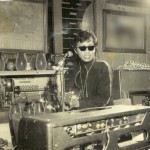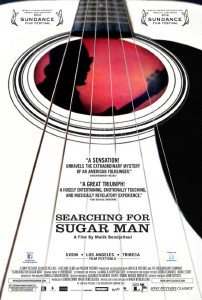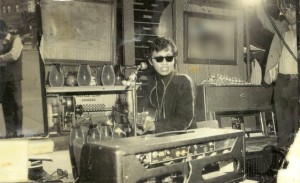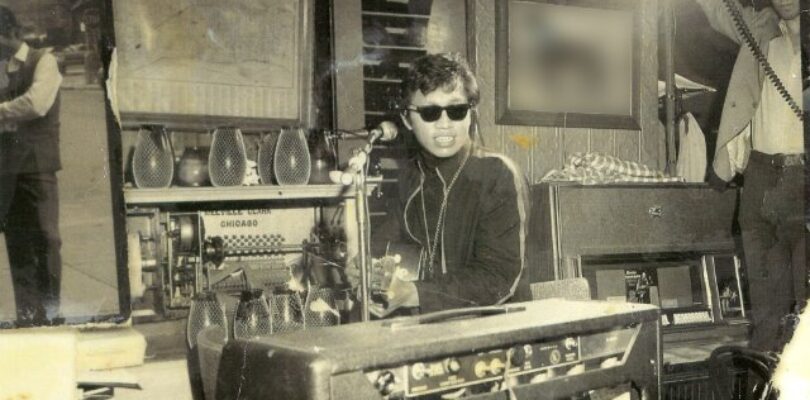
| Release Date: | July 27th, 2012 in limited release |
| User Rating: | |
| Writer: | Malik Bendjelloul |
| MPAA Rating: | PG-13 |
| Director: | Malik Bendjelloul |

While he sold a negligible number of albums in his homeland, one nation adopted the troubadour as a conscious pop idol; copies of Rodriguez’s 1970 debut Cold Fact were ubiquitous in middle-class South African homes. The singer never caught wind of his enduring legacy on the other side of the world, never made another album after 1971’s Coming From Reality, and dissolved into obscurity amidst dark rumors of an on-stage suicide (ah, the pre-internet era!). Having seen Rodriguez perform in a small café in Detroit three years ago, I was quite aware that he is alive and well; this knowledge does little to diminish the impact of seeing the singer’s mythic story unfold (with heroic concerts in Africa lending a happy ending) or hearing those empathic, rough-hewn, tuneful non-hits played over the course of the film with the wise decision to let the songs float and stretch over rusty and reverent shots of Detroit and really be heard by an audience likely unfamiliar with these undeniably brilliant works.
If his political, engaged music leads us to expect a cynical presence once the true Rodriguez is located at the same home he has made in a faded shadow of Detroit for 40 years, it is heartbreaking that the real man is one of the most humble, blushing people you will ever encounter. Others may feel a sense of injustice and lament for the never-recorded songbook, but Rodriguez bears no bitterness for lost opportunities – his children didn’t even learn of their father’s legacy until later in life from the outside world. Such a reticent subject does not make for the greatest interview; we are left with many unanswered questions that may only be discerned in his songs (cliché though that may be).

Rodriguez in “Searching for Sugar Man.” © 2012 – Sony Pictures Classics.
Plainly approached by a couple of fans and amateur detectives with an unsteady filmmaking hand, this is another by the numbers social history documentary mix of interviews with insights into the subject’s art and life mixed with whatever the public domain archive could spare; especially fascinating is a testy yet emotional testimonial from former Motown chief Clarence Avant – hyperbolic but genuine when he declares Rodriguez [“better than Bob Dylan”] and visibly distraught that an artist with such potential dwelled in obscurity when his voice was so ready to be heard. Judging by the brisk sales of a new concert tour and the soundtrack album for this evangelizing doc, that voice is likely to not fade again (especially if the NPR crowd has any say about it).[box_info]WHERE TO WATCH (powered by JustWatch)
[/box_info]


Rachel Siteman
This is one incredible movie with a spectacular soundtrack! I’ve been hooked on Rodriguez’s music ever since I first heard it from
http://huff.to/OWSbC1. Can’t wait to see the movie in MN at the Weismann Art museum on the 23rd!